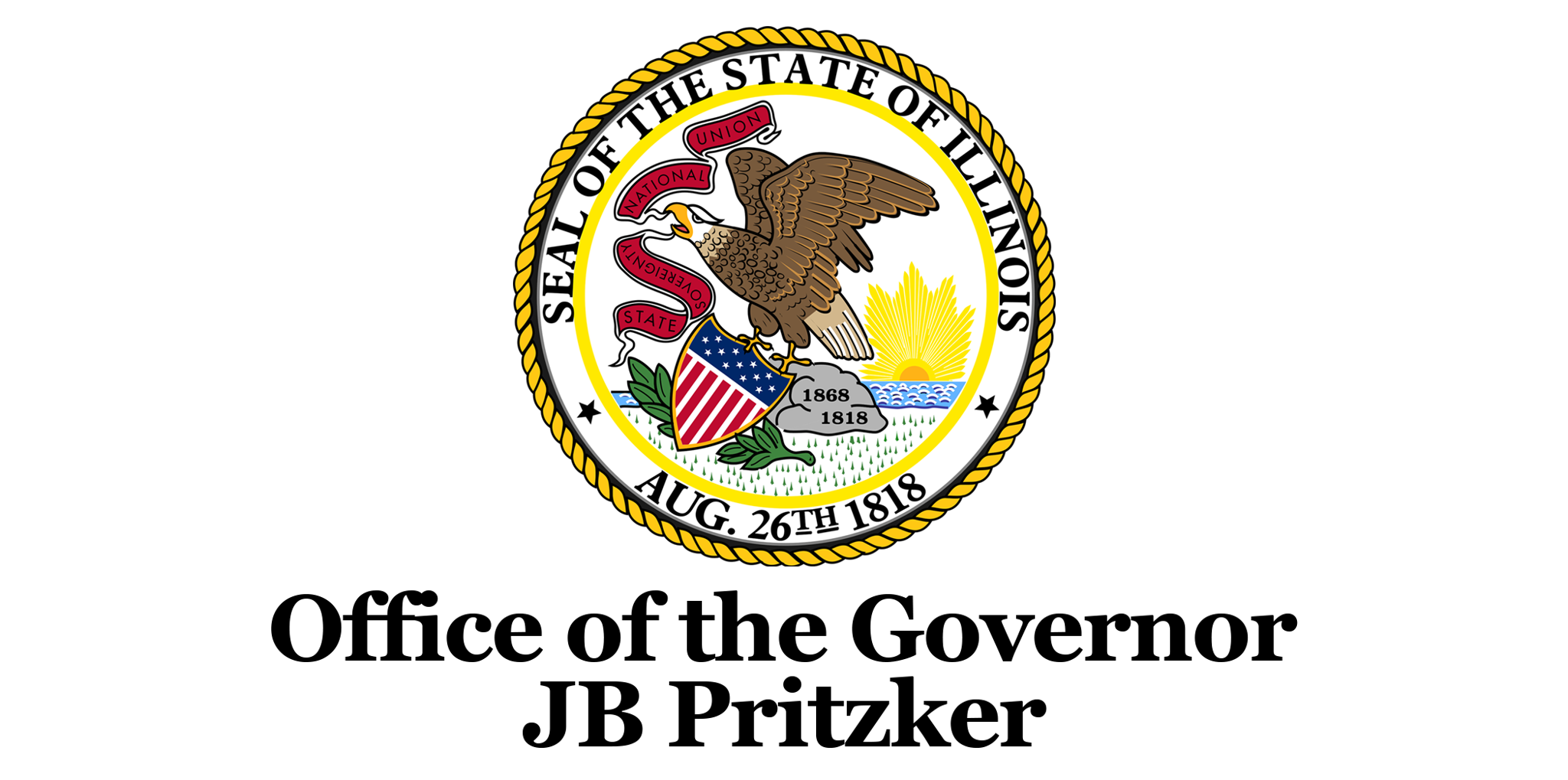Gov. Pritzker Announces Support for Stronger Hemp Regulations to Protect Public Health
HB4293 regulates “intoxicating hemp” products with misleading labeling and marketing towards consumers and minors
December 13, 2024

CHICAGO—Today Governor JB Pritzker, joined by medical experts and legislators, announced his support for proposed legislation intended to regulate the “intoxicating hemp” industry, a term used to describe hemp-derived THC and CBD products currently sold outside of a licensed dispensary setting (such as Delta-8 products). The legislation, which follows reports of minors ingesting misleading or poorly labelled products, sets limits on intoxicating hemp products like those imposed on legal cannabis through the Cannabis Regulation and Tax Act (CRTA). These regulations would ban misleading marketing and packaging that rips off consumer brands to appeal to children while moving intoxicating hemp products into the state’s existing marketplace to follow safe testing and dosage requirements.
“This regulatory gray area has created a loophole that put Illinois consumers of all ages, but particularly children, in danger while an underground market flourished—the exact opposite of what Illinois has done by regulating our cannabis industry,” said Governor JB Pritzker. “We’re closing that loophole and protecting Illinoisans of all ages by incorporating these products into the regulated and equitable system of dispensaries already in place in the state.”
"These changes are motivated by a clear and present need to protect our children and communities. We have a responsibility to close these gaps that let unsafe, unregulated products reach the shelves," said Lt. Governor Juliana Stratton. "This legislation ensures clear rules and fair oversight, protecting public health while creating a safer marketplace for everyone."
The legislation:
- Regulates intoxicating hemp products similar to how legal cannabis is regulated, this includes:
- Prohibiting packaging designed to imitate candy/popular food products
- Prohibiting packaging/marketing designed to appeal to children
- Requiring safe packaging for intoxicating hemp products
- Imposing taxation and testing requirements consistent with CRTA
- Dictates that these intoxicating hemp products will only be sold at licensed dispensaries (as opposed to gas stations, smoke shops, or stand-alone delta 8 shops)
- Makes 21 years old the legal age for purchasing intoxicating hemp products
- Creates a hemp consumer product processor license to allow current hemp processors to sell into adult use cannabis dispensaries
In recent years, there have been increasing reports of minors ingesting intoxicating hemp products, including Delta-8 variants, often marketed using the recognizable brand colors and designs for popular snack foods. With no testing or dosage requirement for these products, many contain amounts of THC that far exceed what is permissible for adult use cannabis products and come from out of state with no oversight or testing for pesticides or biological contaminants.
Retail sale of non-intoxicating CBD products will continue to be allowed outside of a dispensary setting with certain product registration and quality standard requirements.
Gov. Pritzker was joined by representatives from Ferrara who have seen their product’s branding duped to sell intoxicating hemp products. These products, designed to look like popular snack foods to the casual eye, often mislead consumers into believing the product is free from THC or misjudging the amount of THC in a product, resulting in side effects that have led to hospitalization. Nationwide, over 9,000 cases of Delta-8 poisoning have been reported since 2021, 41% of which involved children.
“Harmful chemicals are used to synthesize these products. Much remains unknown regarding the impacts from these products, but we do know that youth are being exposed and reporting negative effects in our clinics and in the Emergency Department.,” said Maria Rahmandar, MD, Medical Director of the Substance Use and Prevention Program at Lurie Children’s. “We need to protect our youth and their developing brains/bodies from these products by getting them off the shelves of stores with youth access. We also should ensure even regulated products do not appeal to youth and continue to drive unintentional ingestions and youth exposures.”
“Governor Pritzker’s call to regulate intoxicating synthetic THC products masquerading as “hemp” is both timely and necessary," said Michael Bronstein, President of the American Trade Association of Cannabis and Hemp (ATACH). "These products create potential public health risks to consumers who all too often do not know what they are consuming. ATACH fully supports efforts to ensure cannabis and hemp-based products are tested, labeled, and regulated properly.”
##